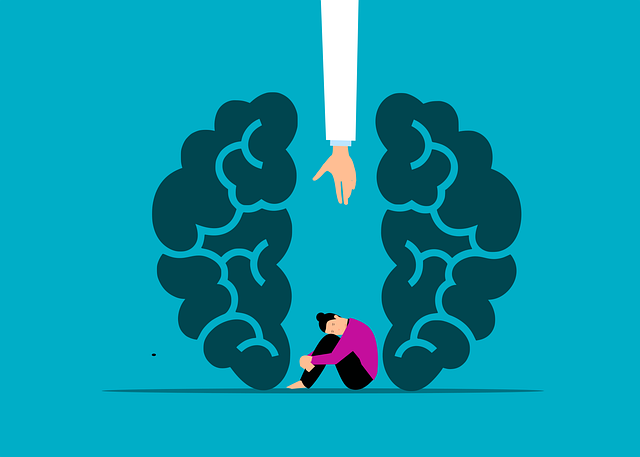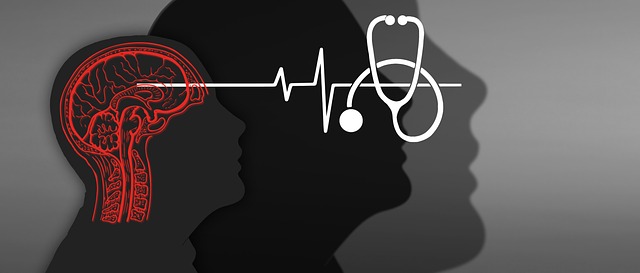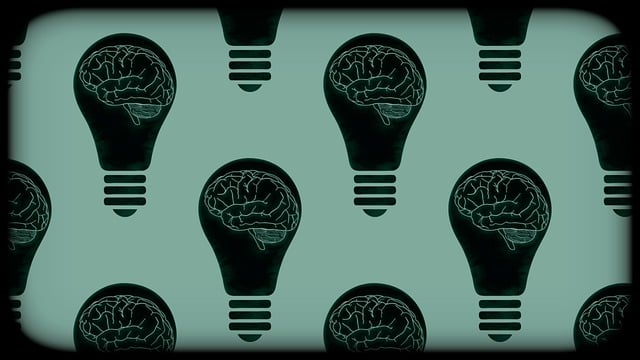Survivors of childhood abuse often face lasting psychological effects, highlighting the critical need for specialized therapy. This text delves into "Therapy for Young Adults Abuse Survivors," focusing on evidence-based approaches like cognitive behavioral therapy (CBT) and trauma-focused strategies to address their unique challenges. Mental wellness coaching programs empower individuals to overcome life hurdles with confidence, while mental health policy analysis ensures services align with these survivors' specific needs. Effective program evaluations use a combination of structured interviews and surveys for quantitative data, along with focus groups for qualitative insights. Success measurement involves participant feedback, focus groups, and interviews, focusing on tailored evidence-based practices and safety measures. Continuous improvement strategies foster a culture of learning, empowering young adults with tools like social skills training and self-care routines through cultural competency training.
“Mental wellness program evaluation is a critical aspect of ensuring effective support for young adults surviving abuse. This article explores comprehensive strategies, from understanding tailored therapy methods for this demographic to implementing robust evaluation techniques. We delve into measurement tools that assess success and impact, highlighting the importance of continuous improvement. By examining these methods, professionals can optimize care, foster resilience, and promote the well-being of young adults navigating the challenges of abuse.”
- Understanding Therapy for Young Adults Abuse Survivors
- Evaluation Methods for Mental Wellness Programs
- Measuring Success and Impact
- Continuous Improvement Strategies
Understanding Therapy for Young Adults Abuse Survivors

Surviving childhood abuse can leave deep scars on a young adult’s psyche, making it imperative to understand the nuances of therapy tailored for this vulnerable population. Therapy for Young Adults Abuse Survivors focuses on addressing the unique challenges faced by individuals who have experienced trauma in their formative years. It is not merely about treating symptoms but fostering inner strength and resilience. Mental wellness coaching programs designed specifically for this demographic aim to empower them to navigate life’s hurdles with confidence, understanding, and adaptability.
By integrating evidence-based therapeutic approaches, such as cognitive behavioral therapy (CBT) and trauma-focused strategies, mental health professionals can facilitate healing. These methods help individuals process their traumatic experiences, challenge negative thought patterns, and develop healthy coping mechanisms. Furthermore, the role of advocacy in Mental Health Policy Analysis is crucial; it ensures that services meet the specific needs of Therapy for Young Adults Abuse Survivors, promoting holistic recovery and fostering a supportive societal environment for their mental wellness coaching programs’ development.
Evaluation Methods for Mental Wellness Programs

Mental wellness program evaluations are crucial for measuring their effectiveness and ensuring they cater to the specific needs of young adult abuse survivors. Several methods can be employed to assess the impact of therapy programs designed for this demographic. One effective approach is using structured interviews and surveys that explore participants’ perceptions of their emotional well-being, personal growth, and coping strategies. These tools allow for quantitative data collection, enabling researchers and therapists to identify trends and areas of improvement within the program.
Additionally, qualitative methods such as focus groups and one-on-one depth interviews provide valuable insights into survivors’ experiences. By delving into their personal narratives, therapists can uncover the mechanisms behind stress reduction methods and positive thinking techniques employed during therapy sessions. This qualitative analysis aids in refining the program, tailoring it to enhance emotional regulation skills, and fostering a supportive environment for young adults recovering from trauma.
Measuring Success and Impact

Measuring success and impact is a critical component of any mental wellness program evaluation, especially when tailored to young adults who have survived abuse. Therapy for young adults abuse survivors often involves complex interventions aimed at fostering resilience, improving coping mechanisms, and promoting overall well-being. To assess the effectiveness of these programs, a multi-faceted approach is required. This includes qualitative methods such as participant feedback, focus groups, and in-depth interviews to gather insights into individual experiences and perceived changes.
The design of mental health education programs plays a pivotal role in their success. By incorporating evidence-based practices and tailored interventions, these programs can address the unique needs of abuse survivors. Additionally, burnout prevention strategies for healthcare providers are essential to ensure sustainable delivery of care. Risk assessment for mental health professionals is another critical aspect, helping to identify potential challenges and implement safety measures that safeguard both clients and practitioners.
Continuous Improvement Strategies

Implementing continuous improvement strategies is a dynamic approach to enhancing mental wellness programs, particularly tailored for young adults who have survived abuse. This method encourages ongoing assessment and adaptation, ensuring that support services remain relevant and effective in addressing evolving needs. By fostering a culture of learning and refinement, programs can better equip survivors with the necessary tools for resilience, such as social skills training and self-care routine development for better mental health.
Healthcare providers play a pivotal role in this process through cultural competency training. This equips them with the sensitivity and expertise to offer tailored support, recognising that each survivor’s journey is unique. By integrating these strategies, mental wellness programs can revolutionise care, providing young adults who have experienced abuse with holistic and empowering therapy options.
Evaluating mental wellness programs, particularly those catering to young adults who have survived abuse, requires a multifaceted approach. By combining qualitative and quantitative methods, we can accurately measure the impact of therapy and ensure these programs provide the necessary support. Understanding survivor-centric outcomes and employing robust evaluation techniques are key to enhancing and refining interventions, ultimately fostering better mental health and well-being among this vulnerable population. Implementing continuous improvement strategies based on solid evaluation data is essential for creating sustainable, effective, and life-changing therapies for young adults abuse survivors.














